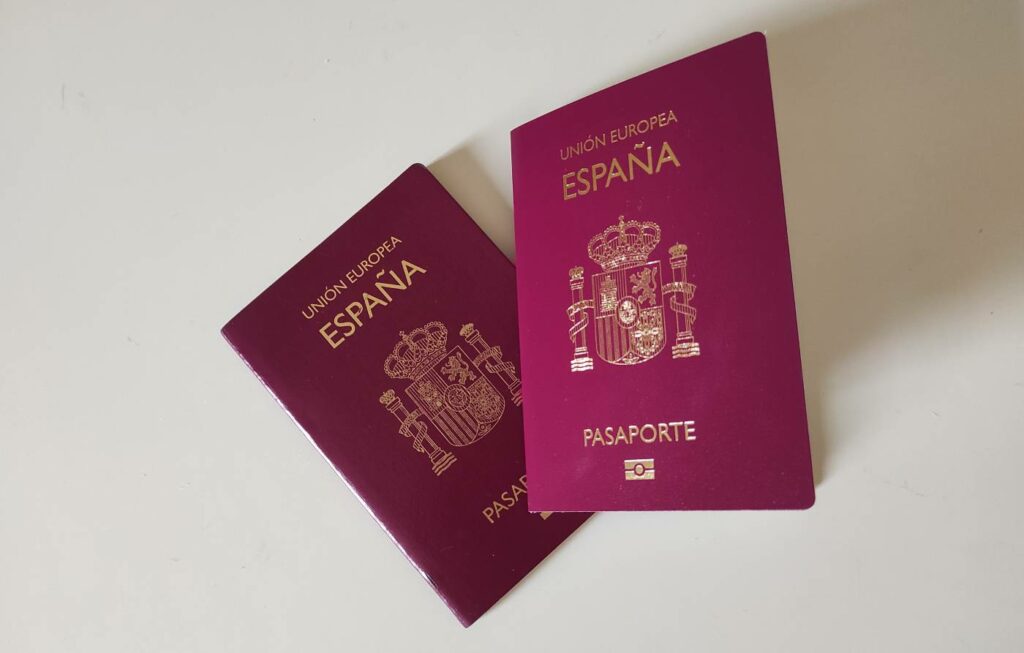All You Need to Know About the Non-Profit Visa in Spain

Spain has been and still is one of the favourite destinations for foreigners, not only for tourism, but also for permanent residence. It is a country with a very attractive Mediterranean climate, safe and quiet cities and towns, good food and, in short, a superior quality of life.
For this reason, many foreigners decide to move to Spain through specific visas. One of the most popular is undoubtedly the Spanish non-lucrative Visa. This is a temporary residence visa that is granted by fulfilling a series of requirements.
To find out everything you need to know to obtain it, the Spanish international law firm Pellicer & Heredia lawyers, tells us everything you need to know to obtain the non-lucrative Visa with guarantees.
What is the non-lucrative visa Spain?
The Non-Lucrative Visa is a unique type of residence permit for non-European citizens who wish to live in Spain on a long-term basis. On the other hand, this visa only imposes one clear condition, that of not being able to carry out any economic or professional activity in the country during the period of residence. For this reason, it also obliges applicants to demonstrate that they have sufficient economic capacity to support themselves and their families.
After the initial year of residence in Spain, the visa may be renewed every two years until a total of 5 years is reached, which is the maximum limit for the use of this visa. Once completed, the applicant will have the right to apply for a permanent residence permit in Spain.
Advantages
Unlike the Golden Visa, another visa to reside in Spain, the Non-Lucrative does not require significant investments in the Spanish economy or the purchase of real estate.
It is the most advantageous and simplest way to reside in Spain without having to carry out any professional activity.
This visa offers the possibility of visiting any of the Schengen States for short periods of less than 90 days without the need to acquire another visa. The Schengen countries comprise 26 member states, including Austria, Belgium, the Czech Republic and Denmark.
However, in recent times the Spanish government has been more restrictive in granting and renewing the visa, not allowing remote working, although in the future it plans to approve a new visa for digital nomads in Spain; the best way to reside in Spain with passive income (pensions, rents or dividends).
Requirements
Proof of sufficient funds to maintain the stay in Spain.
This is the sine qua non requirement for the visa to be granted. In fact, the government aims to avoid the residence of people who end up depending on state aid.
The IPREM, an indicator used in Spain to determine a person’s minimum income per year, is used to verify that they have sufficient funds to support themselves in Spain.
Applicants must have at least 400% of the IPREM value in their bank account each year. Currently, the value of 400% of the IPREM per month for 2022 is 2,316.08 euros. This gives an IPREM value of 27,792.96 euros (as a minimum) per year. This includes family members.
Therefore, an additional 6,948.24 euros per year is required for each additional family member.
Proof of sufficient income
Different documents are accepted as proof of your financial means during the period of your stay in Spain:
– Bank statements for the last 6-12 months prior to the date of application at the Spanish consulate.
– Letter of employment for persons who will receive their salary during their stay in Spanish territory.
– Proof of investment and income from other sources, including rented accommodation.
– Proof of a bank document proving the validity of your credit cards or the value of your property.
These are the most important requirements and conditions when applying for and granting a Non-Lucrative Visa to a foreigner. Its successful processing, of course, will be more secure if it is carried out by professional lawyers who are familiar with each particular case that they are going to initiate with the consulate.